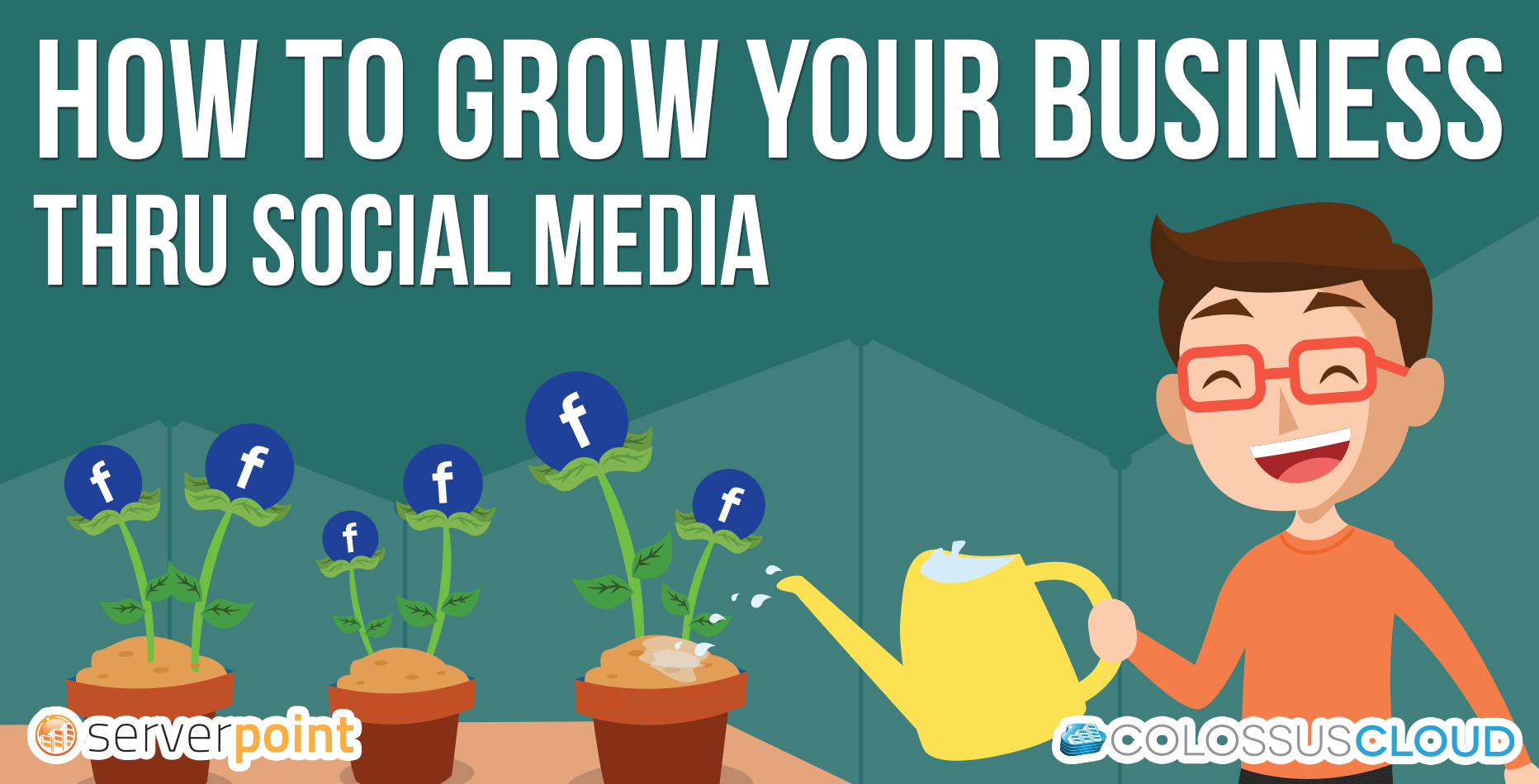2017-02-24
How to Grow Your Business Using Social Media
Minerva
2017-02-24

It's no surprise to most business owners that they use social media for marketing or fall behind competitors. The problem most new site owners have is determining where to start. Using social media to grow your site is much different than posting personal content. Here are some tips to use social media to your advantage and grow your brand presence.
Don't Limit Yourself to One Social Media Platform
Years ago, there were a few social media platforms, so having just one account was sufficient. Now, users have preferences and follow only the platforms that interest them. Facebook, Pinterest, Instagram, Twitter, and G+ are just a few platforms that you can consider. It seems tedious, but you can have a bigger outreach by extending your social media reach.
Some platforms are required for certain businesses. For instance, Instagram is based on images, so if your service or product is visually appealing, Instagram is a must-have for your business.
Create a Consistent Schedule
One of the worst things you can do to your business is abandoning your social media accounts. Some business owners start an account, get frustrated with the effort, and abandon it. This makes your business look abandoned. It's better to have no social media account rather than have a bunch of abandoned ones.
The goal is to stay consistent with your posts and engagement. If it takes too much time, you might need to hire a social media manager. These people will keep users engaged, create new topics and posts, and regularly schedule uploads for your audience. If you decide that once a day is necessary, create a post each day. If you think only once a week is necessary, then post once a week. As long as you keep posting consistent, you will keep your readers engaged.
Customize Your Media Format
Each social media platform has a preferred format. We mentioned Instagram being mainly imaged. You need high-quality images for this platform. LinkedIn is usually long posts, but Twitter and Facebook are short comments with links back to your site. Of course, YouTube or Vimeo are video formats.
This means that there isn't a "one size fits all" way to work with social media. You need to customize your outreach based on the types of accounts you have. This will make your engagement must more efficient rather than trying to fit a "one size fits all" model that will likely lose interest from certain customers.
Keep Statistics to Track Success
You might find that some social media platforms work better than others. The only way to track your success is to keep statistics on which platforms are working best for you. There can be several reasons why one platform fails. It could be your marketing or just the product doesn't work well with the platform. To hone your marketing dollars on the right one, you need to keep statistics.
Most website owners add a tracking variable to the URL and then log click-throughs. Sites such as Facebook have a dashboard where you can keep track of your advertising numbers. It's important that you maximize your efforts on the right platform or you could waste too much energy and money on the wrong advertising campaign.
Post Engaging Content -- It Doesn't Always Need to be Yours
The goal with social media marketing is engagement. This means that you don't want to just regurgitate links on your social media accounts. You want to incite discussion about your industry, and it doesn't always need to be about your brand. Discussion can indirectly promote your brand.
The posts you make don't always need to link back to your site either. You can discuss the latest headlines or post a question for your users to answer. Since the social media account is yours, the discussion is indirectly associated with your brand.
One common mistake many site owners make is just posting links to their blog. This does nothing to create discussion unless the post itself is controversial.
You also want to make sure that you answer any questions or comments your users make. Don't just post and abandon the discussion. Respond to your users. It helps improve engagement and shows them that you are listening.
Balance Your Content
Not all of your content must be serious and about business. You can mix some popular content as long as it fits your industry. You should be able to find popular topics that are related to your industry, and posting this content can garner interest in your social media account.
Just take a look at your favorite Twitter account. Chances are that the owner doesn't always post strict business posts. They also reply to customers and tweet interesting content based on what is going on in the world today.
Your goal should be to balance the two types of content. You shouldn't always post popular posts, but staying too dry and business-like might turn off some of your other customers. If you mix it up with some links to business and popular, fun content, you can continue to engage a variety of your readers.
Is Social Media Marketing Worth It?
All of the effort and expense might have you wonder if social media marketing is worth it. This type of content can greatly boost your revenue and traffic. In some cases, website owners might find that they receive more traffic from social media than other channels including search engines.
Social media not only boosts income and traffic, but it also helps improve your customer service. Many of your customers will go to social media with a question or complaint. They will also look for promotions and discounts from social media. This type of marketing is not just an option, especially for online businesses. It's mainly a requirement for good marketing and brand awareness.

